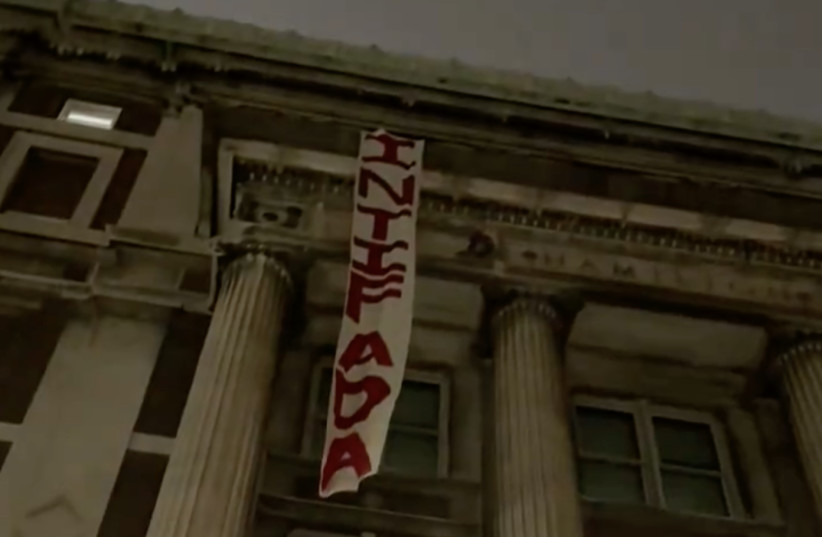New York City Chancellor of Public Schools David Banks, who oversees the largest school system in the United States, grew visibly agitated by the end of his hearing about antisemitism in schools on Wednesday in front of the House Committee on Education and the Workforce.
Schools in New York City have not been immune to the national uptick in antisemitism with documented incidents of Jewish students and staff being targeted with swastikas and other antisemitic slogans and images.
In the beginning of his testimony, Banks acknowledged what he called "unacceptable incidents of antisemitism in our schools where Jewish students or teachers felt unwelcome or unsafe."
Banks noted the diversity within New York City's public schools means its classrooms are not insulated from the global stage since October 7 with Jewish, Muslim, Israeli, and Palestinian students and staff suffering immensely.
Republican committee members relentlessly grilled Banks over his handling of a Brooklyn high school where a Jewish teacher was threatened with swastikas and heil Hitler hand gestures from students. The school's principal was not fired, but removed from his position and relocated to a role within the city's education office. Republicans fixated on this point, questioning Banks over and over why the principal was not fired.
"Not trying to solve the problem"
In his testimony, an aggravated Banks accused some committee members of not sounding like people who are actually trying to solve the problem.
In a conversation on Friday with the Post, Banks said if Congress really wanted to lead on combating antisemitism in schools, it has the power and authority to organize a major convening where school leaders could talk about best practices so every district in the nation could learn from each other.
It's not going to come from Congress, Banks told the Post, so he's looking at creating a national convening himself.
"We'll do it," Banks said. "And we'll bring together school leaders from all across the nation to come together and say, 'this scourge of antisemitism and other forms of hate, we cannot stand for it.'"
If school leaders are brought together and say, "all hands on deck," Banks said he'd emerge from something like that better prepared with more resources as schools and districts across the nation work in silos and don't often share.
"I want to hear what they're doing so we can all work together and can all get better. That's how you can solve this issue," Banks said. "Not through sound bites."

Banks referenced Montgomery County Schools in Maryland, whose school board president Karla Silvestre also testified in Wednesday's hearing along with Berkeley Unified Schools Superintendent Enikia Ford Morthel.
According to Banks, Montgomery County Schools have almost a completely different approach from New York City's schools in how they're trying to combat antisemitism.
"What are the curriculums used right now in Montgomery County?" Banks asked. "I don't know. I'm not sure what anybody else is doing, I'm just focused on what I'm trying to do."
Banks said it's easy enough for Congress to put school leaders in the spotlight and do "gotcha moments."
"How does that help us to get better? Banks said. "I'm not interested in 'gotcha' moments. I'm deeply interested in leadership, meaning how do we all get better?"
Banks repeated something he said during his testimony, which is that schools can't discipline their way out of antisemitism and can only truly solve it through education.
Districts have to help the adults get better so that they can help the kids, Banks added.
"Right now when you have hearings like that, all that does is instill a sense of fear. Nobody wants to open up and be vulnerable and talk about how you can help." Banks said. "Otherwise, you can get some short-term political victories but it doesn't really change anything."
